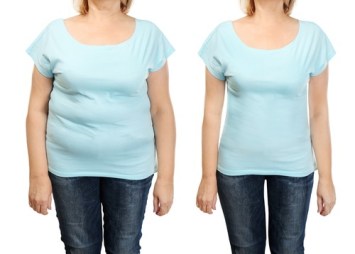What is Prolotherapy?
by Mila McManus, MD
Prolotherapy is a non-surgical treatment used to stimulate growth factors in the human body and thus promote the body’s natural healing process. It is also known as regenerative injection therapy or proliferation therapy. Growth factors are complex proteins that help repair body tissues. Prolotherapy is also thought to encourage collagen repair which is a protein essential to connective tissue that holds our skeletal structure together.
Conditions that may benefit from prolotherapy treatment include:
- Damaged tendons, muscles, or ligaments
- Arthritis of the knees, hips, or fingers
- Chronically painful musculoskeletal conditions
- Degenerative disc disease
- Fibromyalgia
- Certain types of headaches
- Lax or unstable joints
Prolotherapy involves injecting typically a sugar or salt solution into or around a joint or other parts of the body to stimulate the body to repair itself. Usually a dextrose, glucose, or saline is used. Injections are repeated at 3 to 4 weeks intervals for a total of 3 to 6 sessions. If suboptimal improvement is the result, treatment with PRP (platelet-rich plasma) or Wharton’s jelly may be recommended. Wharton’s Jelly is derived from umbilical cord and contains stem cells, fibroblasts, and other types of cells and structural material. Several studies have shown that a series of injections have resulted in improvements in pain, function, and stiffness, often resulting in the avoidance of more invasive and complex surgical procedures.
Prolotherapy is available at TWIHW. Ask one of our medical providers if prolotherapy is right for you, or call (281) 298-6742 and speak to a wellness consultant today.
Ref:
https://houstonsportsmedicine.com/prolotherapy-orthopedic-technique
https://www.webmd.com/osteoarthritis/what-to-know-about-prolotherapy










